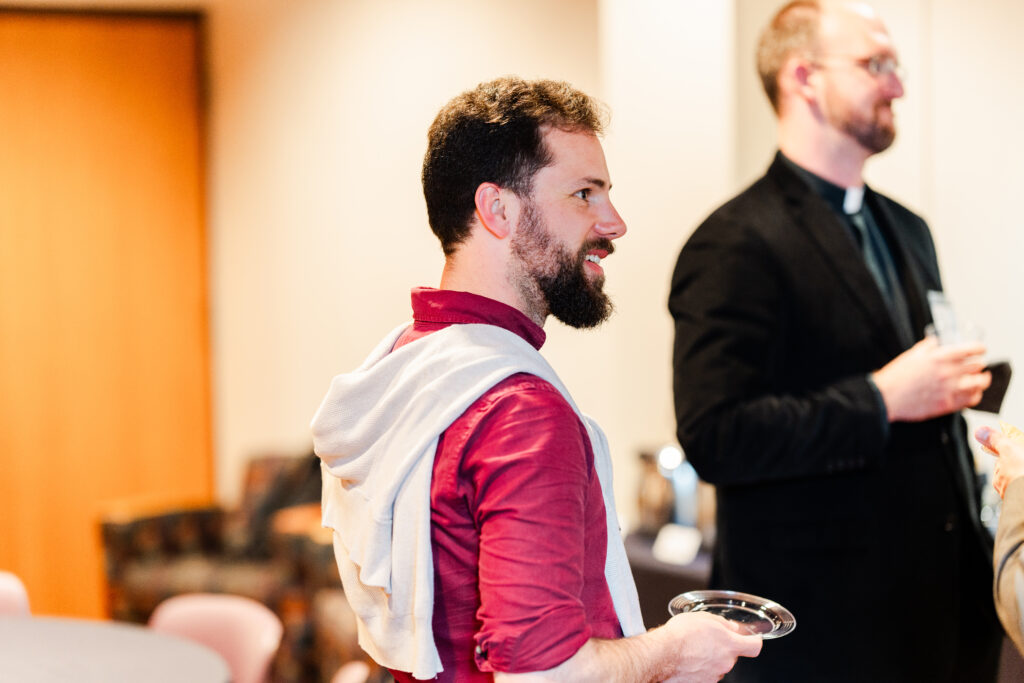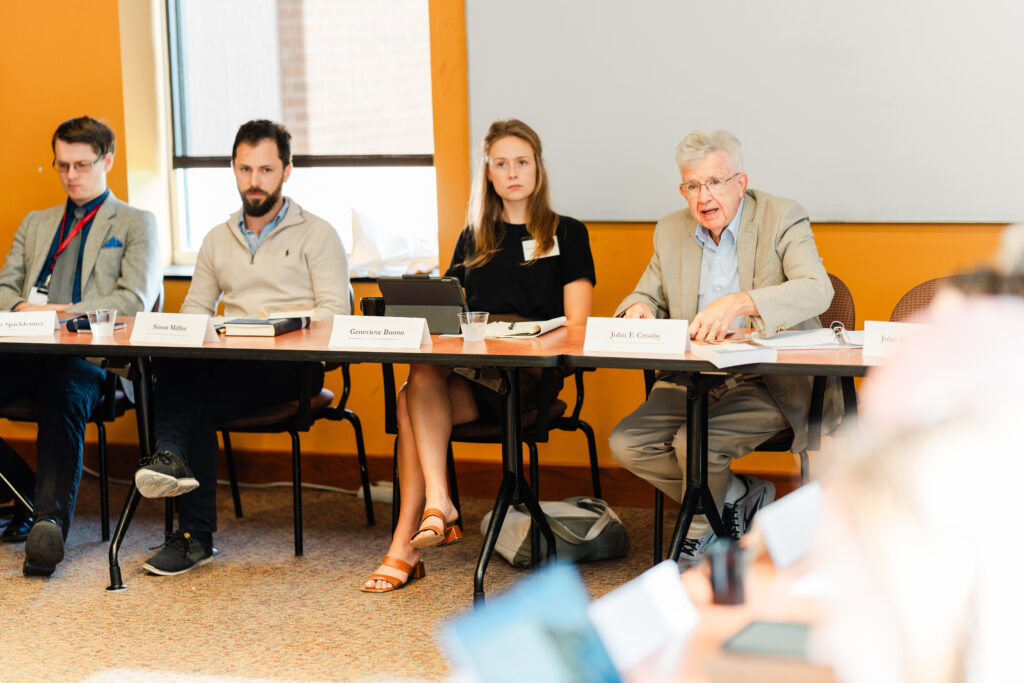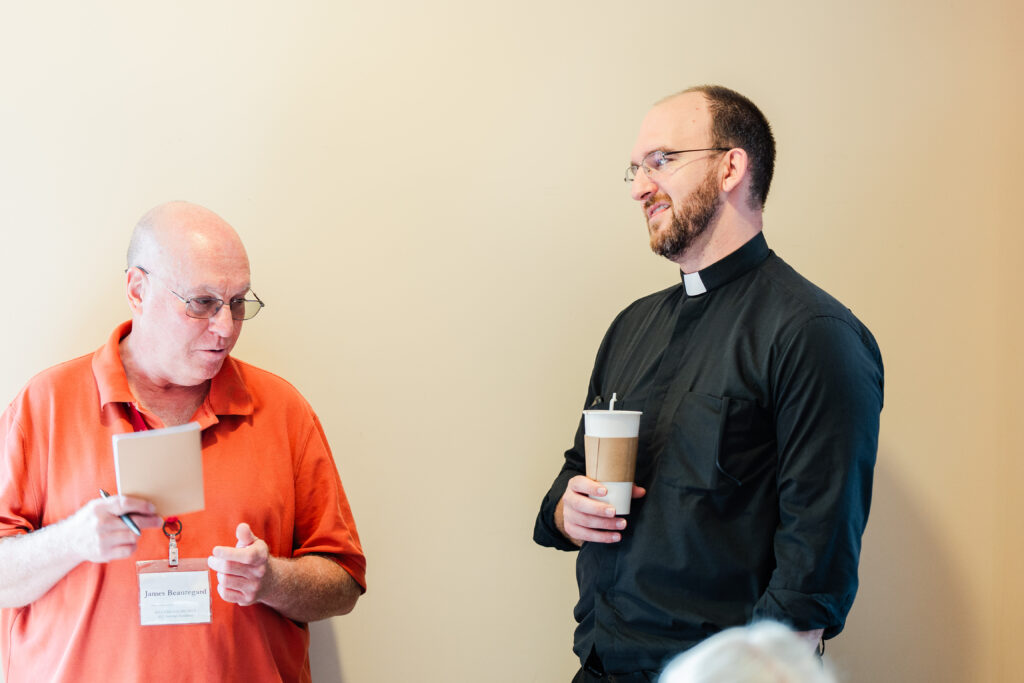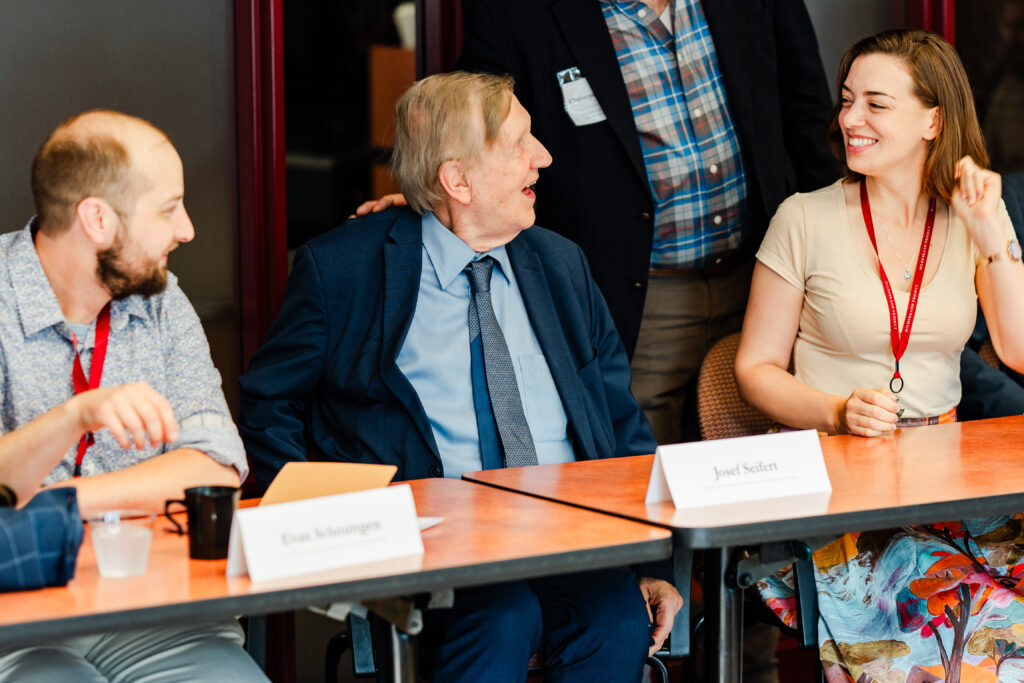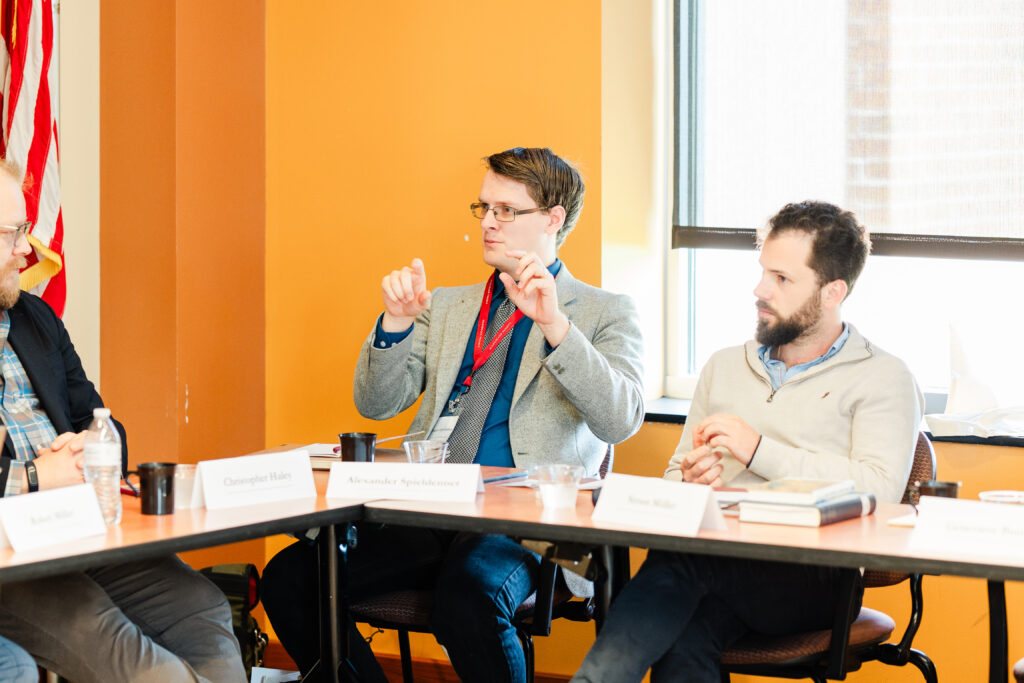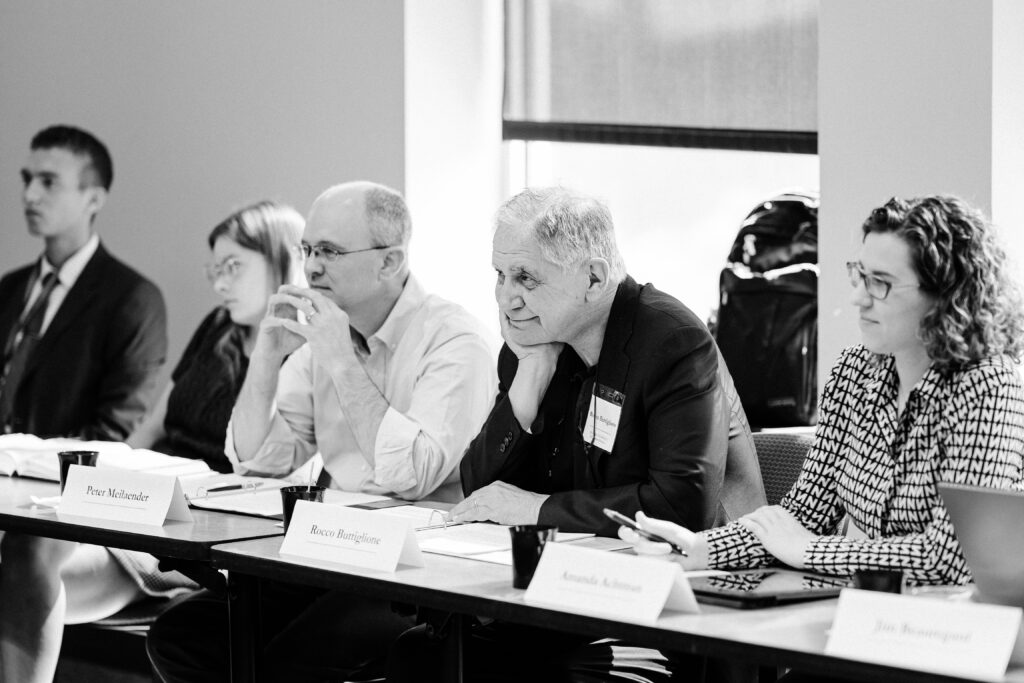The Residency was launched in 2017 to support and expand the academic community devoted to the thought of Dietrich von Hildebrand and the tradition of Christian personalism broadly. We do this by enabling students and scholars to work alongside our Senior Scholars—former students of Dietrich von Hildebrand and/or John Paul II—and Associated Scholars, who are doing new and important work in personalist scholarship. In this way, we seek to pass the flame to future generations who will continue to reveal Hildebrand and personalism within the perennial Christian tradition.
During this summer residency, participants will explore the major texts of Dietrich von Hildebrand and personalism, closely reading alongside our Senior Scholars, each of whom was a student of either Dietrich von Hildebrand or Karol Wojtyła. The residency culminates with the ability for scholars to present their own work—dissertation chapters, conference papers, or graduate theses—and receive guidance from the Senior Scholars and other participants to hone their ideas, resulting in papers that will stand up to high-level academic scrutiny.
Senior Scholars
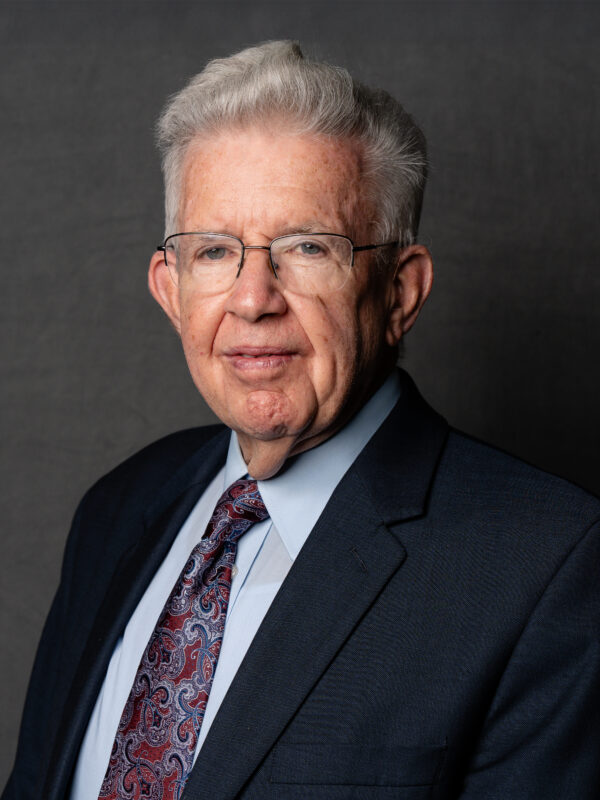
John F. Crosby
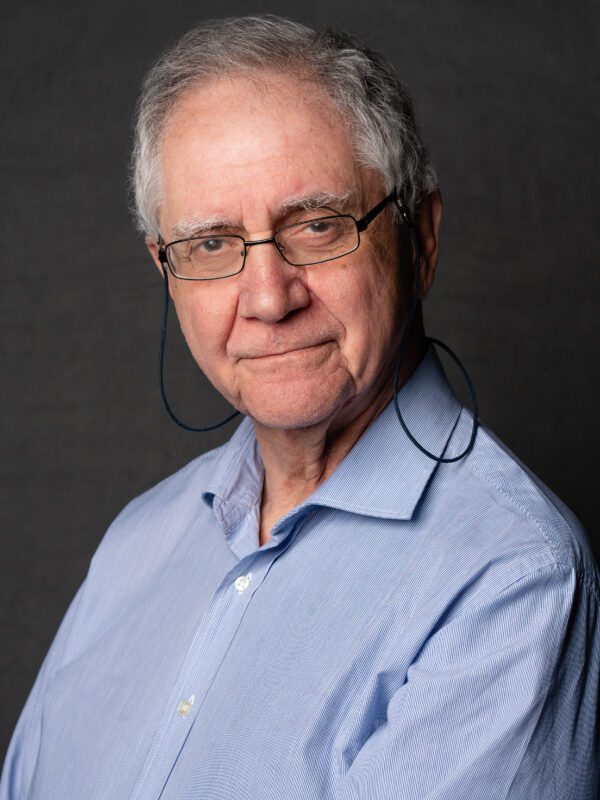
Rocco Buttiglione
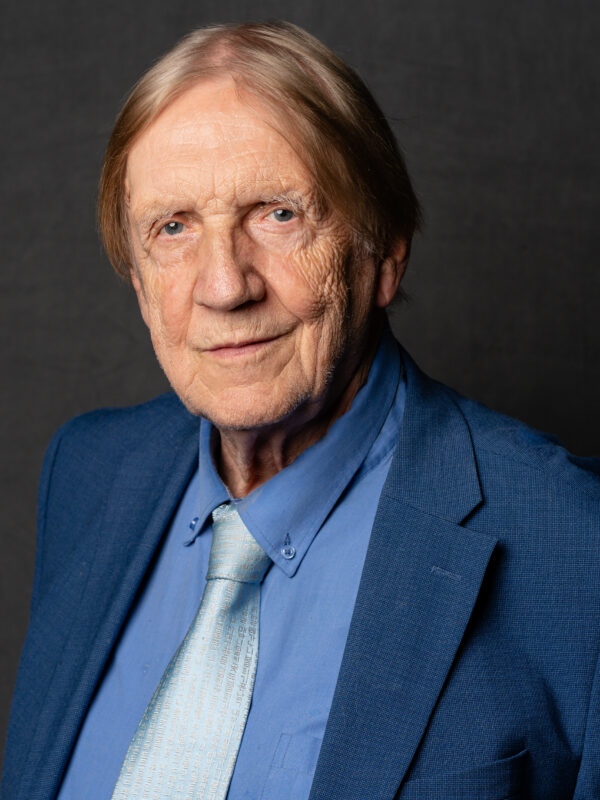
Josef Seifert
Eligibility
The Residency is an intensive program for advanced students and professional scholars who are working on MA theses, PhD dissertations, habilitations, books, chapters, or scholarly articles principally focused on Hildebrand or in some way substantively engaged with his thought (for example, a dissertation chapter focused on Hildebrand). We are especially interested in supporting novel research that has never been publicly presented.
We recognize that many universities do not have faculty with expertise on Hildebrand (or other personalists, too) and that this may prevent some students from writing an MA or dissertation on Hildebrand. The Residency exists to overcome this obstacle.
The Residency is not limited to those working exclusively on Hildebrand. We welcome applications from students and scholars working on kindred spirits, like Karol Wojtyla and Edith Stein, on great figures in the tradition, like Aristotle and Aquinas, or on any thinker or set of issues, provided that the work in progress includes Hildebrand as a substantive interlocutor and/or meaningfully engages the personalist tradition.
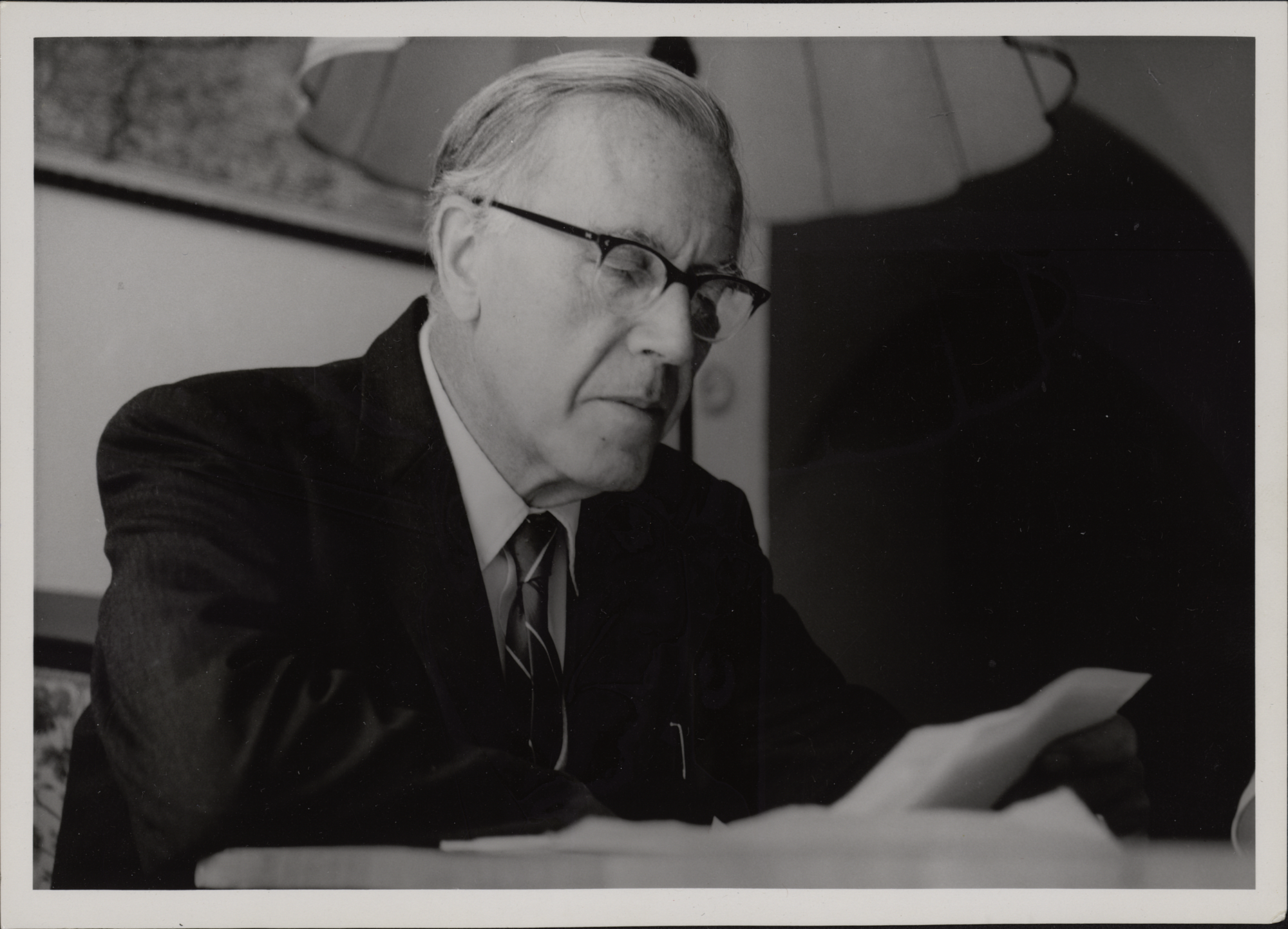
Summer 2023 Residency
